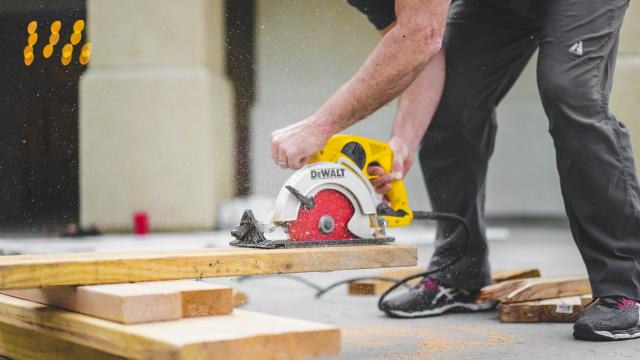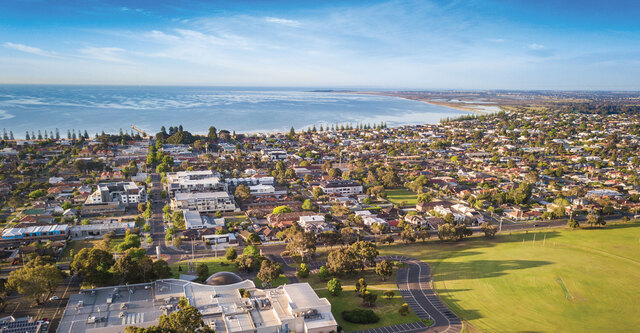THERE are reportedly about 2000 tremors a year in Japan, mostly minor shakes which barely register with the locals.
So, on March 11 last year, when Footscray’s Noriko Tabei was told there had been an earthquake in Japan, she simply brushed it off as another minor rumbling.
‘‘I was in Canberra…we have earthquakes all the time (in Japan), but people started calling me and asking if my family was OK,’’ she said this week.
‘‘The next day I started to realise how many people had lost their lives, even though at that stage no one really knew the exact number.’’
Ms Tabei’s sister and brother-in-law lived in the hard-hit Iwate Prefecture and her brother-in-law lost close relatives.
This Sunday, she will join fellow Japanese-Australians from the Melbourne-based organisation Japanese for Peace to remember the lives lost.
They’ll also be protesting against the nuclear disaster that followed as the tsunami generated by the earthquake struck the Fukushima nuclear plant.
Fires and explosions rocked the plant and after its cooling systems failed, the reactors were swamped with seawater to prevent full meltdown.
Decommissioning the plant could take decades and a 20-kilometre radius exclusion zone remains in place around the plant.
Ms Tabei said the disaster had changed the way the Japanese felt about nuclear power.
That concern has extended to Australia’s supply of uranium and the day will double as a protest against its mining and export.
The remembrance and protest day is on March 11 at 1pm, front lawn of the State Library of Victoria.
Details: 11March.com






